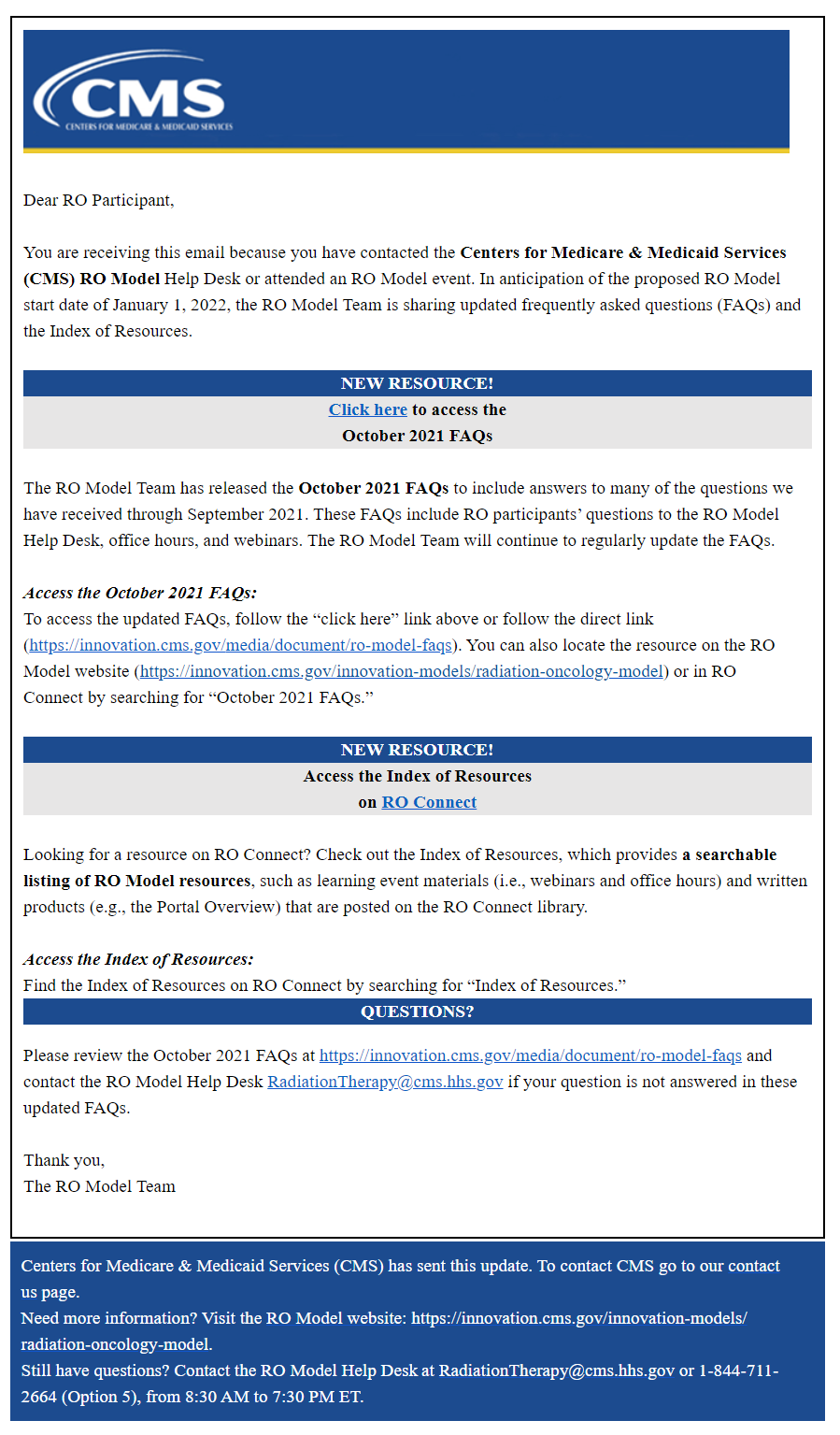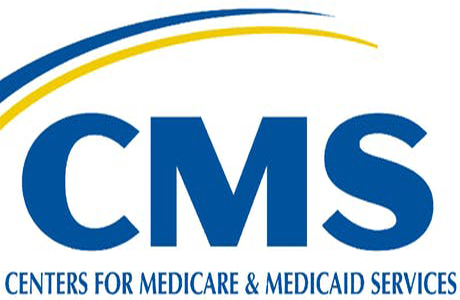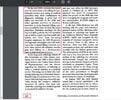I was looking at the slides from the CMS webinar from a few weeks ago, and had forgotten about the "Clinical Consultant" they had from MD Anderson, Aileen Chen.
Here are the slides.
In searching through Dr Chen's publications, she has published several papers in the financial space, most recently this:
Variation in Use of High-Cost Technologies for Palliative Radiation Therapy by Radiation Oncologists
From the Discussion:
"Physician variation may also be a consequence of variability in local healthcare markets and physician compensation models. For example, prior studies have shown differences in the use of IMRT among patients treated in freestanding versus hospital-based radiation facilities, those treated at self-referring versus non–self-referring practices, and those treated in regions with favorable versus unfavorable IMRT reimbursement policies, suggesting that financial factors may play a role.
In our analysis, we likewise observed a greater use of IMRT and extended fractionation at freestanding versus hospital-based facilities. On the other hand, the use of stereotactic RT was more common at hospital-based facilities, likely because of a greater need for specialized personnel and physician involvement."
While it's never explicitly said, the paper (in my interpretation, at least) clearly implies the traditional academic mantra that those outside the Ivory Tower practice questionable medicine for financial gain. Let's look at the other authors on this paper:
View attachment 345117
MD Anderson and DFCI...two PPS-exempt centers. How about, instead of making these comparisons between freestanding and hospital-outpatient, they compare PPS-exempt vs everyone else? And not just fractionation and technology, but cost to the patient. Why don't we see how much an episode of care for a palliative 5 fraction case (consult, sim, planning, delivery, etc) costs at Anderson vs a freestanding center? Maybe I'm wrong, and Anderson is the cheaper option - that's something I'd really like to know.
And why do we have a faculty member who has only ever worked at PPS-exempt centers advising the government on a model which she will not participate in? Shouldn't it be someone with skin in the game, or, at least someone not at a PPS-exempt institution? Maybe CMS should have at least two consultants (one PPS-exempt, one who is in an APM zip code)?
All a dream, I guess.





